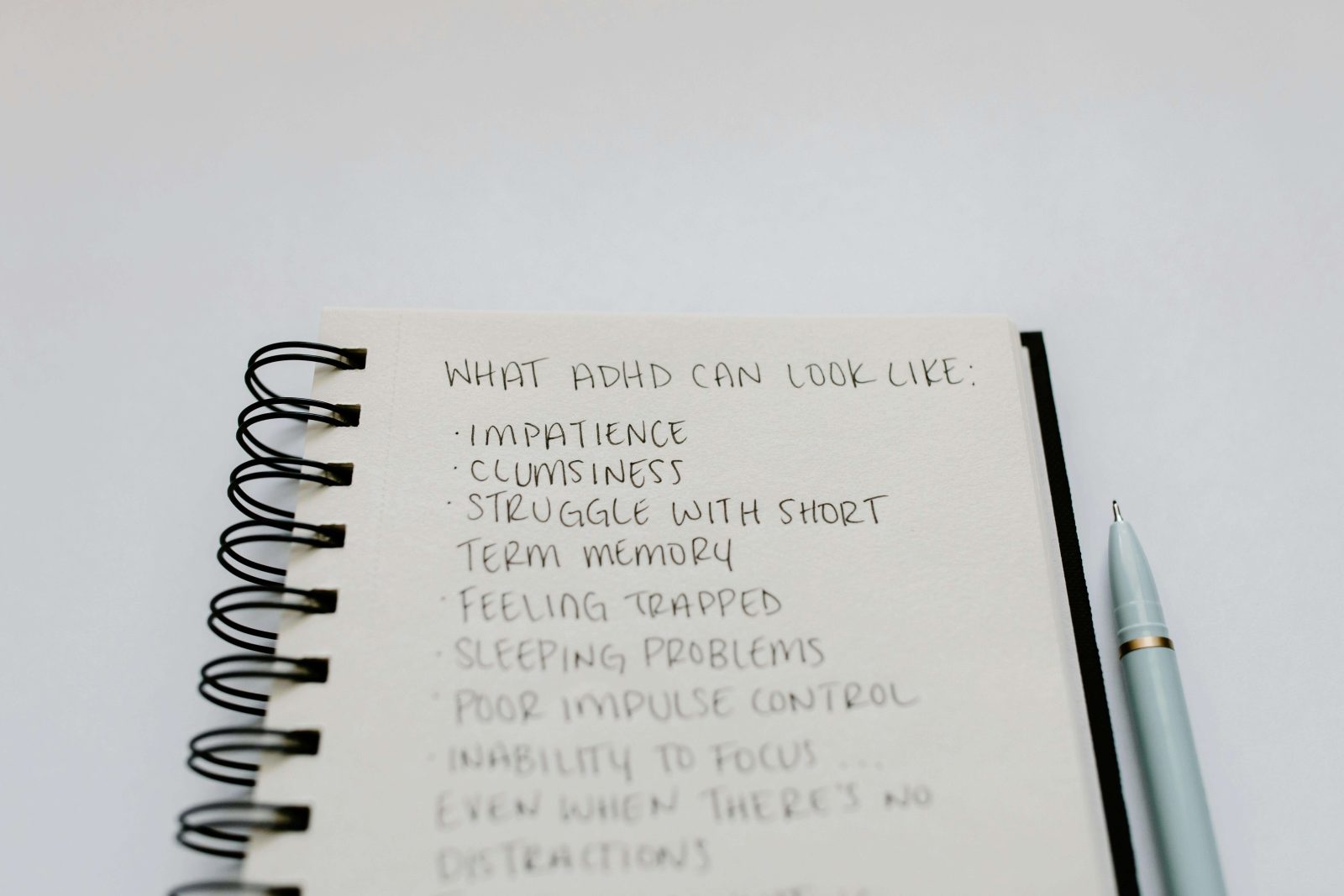Category: Anxiety, Awareness, Mental Health, Well-being
As we journey into National Mental Health Awareness Month, it’s vital to pause and reflect on the weighty significance of this annual occurrence.
This yearly event has turned into an important movement that shines a light on mental health challenges. In this blog post, we’ll delve into exactly what it’s about and unravel why it carries profound importance for those grappling with mental health trials.
What’s the deal with this month?
National Mental Health Awareness Month boasts a lengthy narrative dating back to 1949 when the Mental Health America group (formerly known as the National Association for Mental Health) started it.
Since then, it has swelled into a nationwide surge to spotlight mental health hurdles, dismantle shame, and advocate for increased mental health care.
It takes place in May because it’s when spring is in full swing, showing hope, growth, and starting fresh—a fitting way to talk about mental health getting better and stronger.
Annual Themes: Addressing Key Mental Health Issues
Each year, National Mental Health Awareness Month circles around a special idea that points out different parts of mental health.
These themes switch up each year, talking about things like lowering stress, stopping suicide, or telling people how important it is to get help.
The main theme for this year is movement, which highlights the importance of keeping up physical health for the betterment of our mental health.
And that’s but one of the main goals of National Mental Health Awareness Month to teach folks about mental health problems and get them to understand and feel for others.
Many groups, like mental health clinics, schools, jobs, and local crews, put on events like workshops, talks, and group chats to give info about usual mental health issues, warning signs, and where to find help.
Spreading the word and sharing what we know can help folks spot when they or someone they know might need a hand and nudge them to seek support.
Challenges of National Health Month
Stigma is still a big roadblock to getting mental health care, keeping lots of people from asking for help.
National Mental Health Awareness Month is a big part of fighting this by pushing for open talks and making sure everyone feels welcome and accepted.
Through ads, stories from real life, and pushing for change, we can take down old ideas and bad thoughts about mental health problems, making room for a kinder, more understanding world.
Getting mental health care is still tough for many, with things like cost, not enough places to go, and feeling like you’ll be looked down on by others.
During National Mental Health Awareness Month, there’s a big push to ask for new rules and plans that make it easier for everyone to get good mental health care, no matter where they come from or how much they make.
This means asking for more cash to go to community mental health spots, making sure insurance covers mental health care just like it does for other stuff, and making it easy to talk about mental health at regular doctor visits.
So, National Mental Health Awareness Month is a big chance to get the word out, get folks to understand, and push for changes in how we think about mental health.
By working together as a team to teach, back up, and give strength to one another, we can build a nicer, more welcoming world where everyone has a shot at feeling good in their head and in their heart.
Let’s use this month as a launchpad for more good stuff to come, not just in May, but all year long.
For more handy guides on routines that improve your state of mental well-being, visit us at Mid Cities Psychiatry and we would be happy to tell you more!

